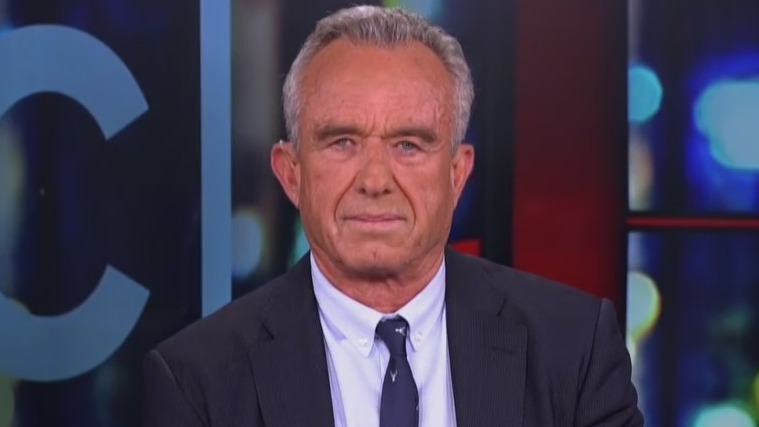(NewsNation) — U.S. Secretary of Health and Human Services Robert F. Kennedy Jr. on Wednesday defended the Trump administration’s response to the country’s measles outbreak and compared the figures to those of autism diagnoses.
“We’re doing better in managing our measles epidemic in this country than probably any other country in the world that has outbreaks,” he said. “Right now, we have about 842 cases. Canada, they have about the same number. They have one-eighth of our population. Europe has 10 times that number. Our numbers have plateaued,” Kennedy claimed.
The Centers for Disease Control and Prevention has confirmed the measles case count at 884, triple the amount seen in all of 2024. The now three-monthlong outbreak in Texas accounts for the vast majority of cases, with 663 confirmed as of Tuesday.
Kennedy compared the number of measles deaths to those of diagnosed cases of autism in the U.S.
“We’ve had four measles deaths in this country in 20 years,” Kennedy said. “We have 100,000 autism case a year.”
Kennedy has long promulgated the discredited assertion that vaccines cause autism.
82% of US voters are concerned about a recession: DDHQ poll
Measles is caused by a highly contagious virus that’s airborne and spreads easily when an infected person breathes, sneezes or coughs. It is preventable through vaccines, and has been considered eliminated from the U.S. since 2000.
Kennedy’s claim that autism cases in the U.S. have risen is true, but scientists caution drawing direct environmental links to spectrum disorder.
While only one in 10,000 children were diagnosed with autism in the 20th century, the diagnosis was rare and given only to kids with severe problems communicating or socializing and those with unusual, repetitive behaviors. But the term became shorthand for a group of milder, related conditions known as ″autism spectrum disorders,” and the number of kids labeled as having some form of autism began to balloon.
Kennedy claimed that the U.S. will be “spending $1 million a year on autism” by 2035.
“Autism in 1970 was one in 10,000 Americans,” he said. “Today, it’s one in 31. In California, it’s one in every 20 kids, one in every 12.5 boys. This is what the media ought to be focusing on, and it’s not.”
Health officials have largely attributed growing autism numbers to better recognition of cases, through wider screening and better diagnosis. Last week, the CDC said diagnosis rate is up to one in 31 children.
There are no blood or biologic tests for autism; it is diagnosed by making judgments about a child’s behavior. Research has looked at a variety of other possible explanations, including genetics, the age of the father, the weight of the mother and chemicals in the environment.

